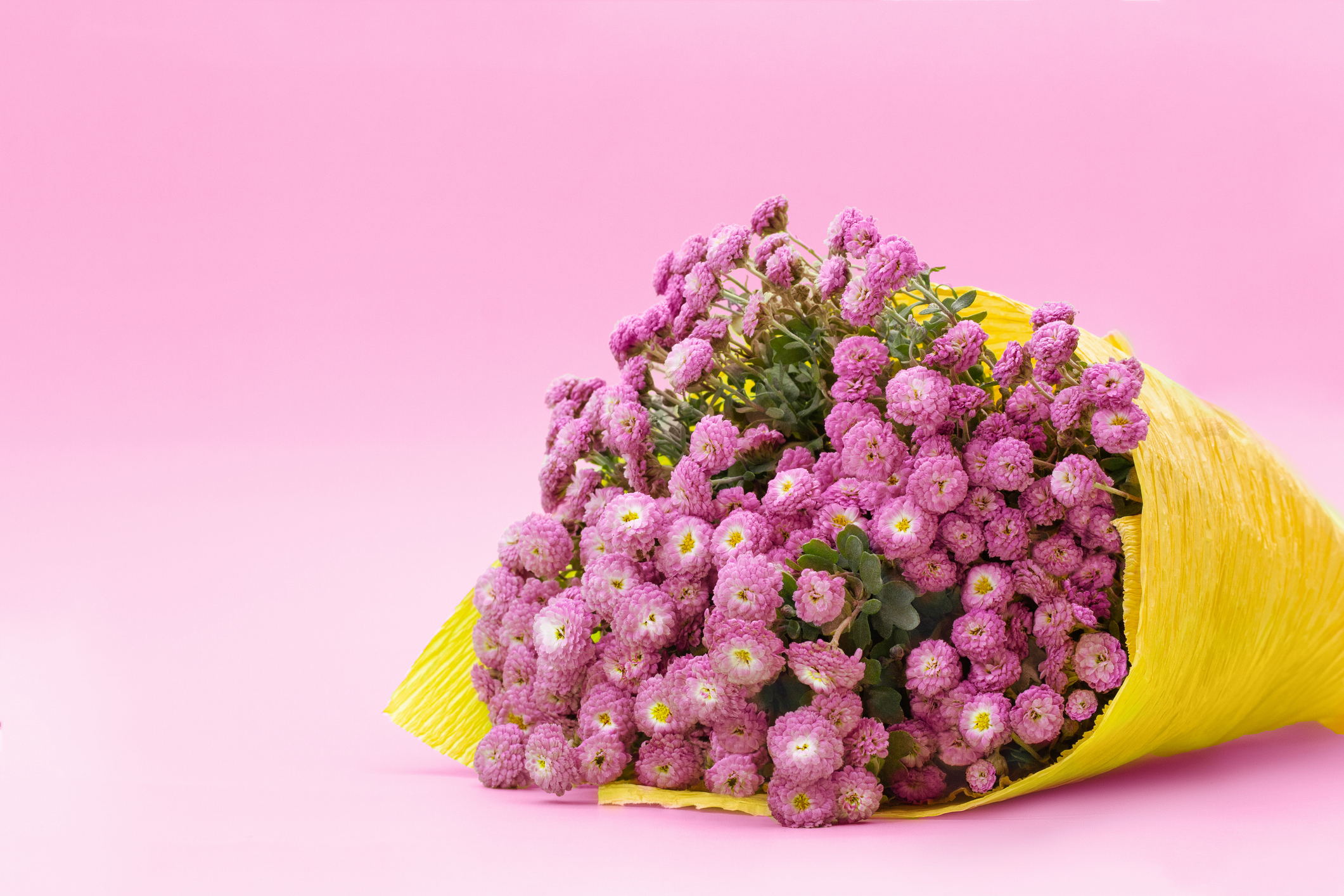
In the early 1900’s, Anna Jarvis created Mother’s Day as a way to memorialize her mother who had passed away and acknowledge the sacrifices made by mothers who had worked to improve the lives of others.
Whether it is the supermarket displays of flowers and cards or the deluge of promotional sales for gifts, what the holiday has become often leaves little space for loss. “The holiday itself was established to honor someone who’s mother died,” says Meghan Riordan Jarvis, a clinical psychotherapist with experience in the fields of trauma, grief, and loss. “But we’ve morphed it into taking our mothers to brunch.”
Part of this shift is because some find it difficult to know how to support someone who is struggling on Mother’s Day. Experts tell TIME that supporting someone through the day can be as simple as acknowledging their feelings surrounding the holiday.
In recent years, particularly in the wake of the COVID-19 pandemic, our approach to the holiday has become a little more inclusive of the difficult emotions it might bring up. “There’s a broader awareness in society that the holiday might not be a happy situation for everyone,” says Natalia Skritskaya, co-founder of the Clinic for Prolonged Grief in New York.
Major companies, including Etsy and Doordash, have created options for individuals to “opt-out” of promotions around major holidays. As of April 26th, more than 80,000 consumers opted out of receiving Mother’s Day marketing from DoorDash this year, according to Axios.
For those who are struggling with loss of any kind, the holiday can feel particularly isolating. “With Mother’s Day and holidays in general, we have a fantasy notion of what the day is supposed to be like,” says Riordan Jarvis, who adds that our traditions around the holiday often surface feelings of loss amongst those whose relationship to motherhood might not be picture perfect. “The holiday invites that [yearning.] I want the days back when my child was alive. I want a different mother than I have. I want to be a mother and I’m not.”
And while some may want to avoid bringing it up when they know someone is going through something uncomfortable, Erica Djossa, founder of Momwell, a mental health service directed towards mothers, says that strategy can leave a person marooned in their own emotions. “Grievers already feel really alone in their grief,” says Riordan Jarvis. “If someone ignores that, it can make them feel a little crazy.”
“Acknowledging that this is hard for them makes it feel less invisible,” adds Djossa.
Hold space for grief
Showing up for someone can be as simple as checking in on them, Riordan Jarvis says. “Reach out and send that person a text that just says, ‘I’m thinking about you. I know this day can be complicated.”
Experts also recommend considering sending a care package, offering to include them in your own plans for the day, or leaving space for them to honor their own relationship to motherhood in whatever way feels right to them. “Different people respond and cope differently,” says Djossa. “Some want an experience planned to take their mind off it. But others like space to be left alone. Check in with someone to see what they would want that day.”
It can be helpful to remember that no matter how much time has passed from the loss, the emotions never entirely leave. “Grief never fully goes away. It changes you,” says Skritskaya. “For some people, it’s less potent and bittersweet, but for other people who are still struggling with grief, it can be intensely painful and overwhelming.”
Experts also say that the most important thing is to include space for loss in our celebrations of the holiday. “We are not meant to grieve alone,” says Skritskaya.
Riordan Jarvis, who lost her mother in 2019, has come up with her own way to do this. “I buy a ton of flowers and make the world’s most extravagant, glorious bouquet in honor of my mom because I used to send her flowers.”
She allows others, like her children, to help her create the bouquet, and opens herself up to grieve as she puts it together. In the end, the flowers serve as a reminder of her mother, not just for her, but for others in her life.
“When people come into the house, they say, ‘Did someone send that to you?’ And I say ‘No, I made it for my mom,” Riordan Jarvis says, “It allows a conversation.”
More Must-Reads From TIME
- The 100 Most Influential People of 2024
- Coco Gauff Is Playing for Herself Now
- Scenes From Pro-Palestinian Encampments Across U.S. Universities
- 6 Compliments That Land Every Time
- If You're Dating Right Now , You're Brave: Column
- The AI That Could Heal a Divided Internet
- Fallout Is a Brilliant Model for the Future of Video Game Adaptations
- Want Weekly Recs on What to Watch, Read, and More? Sign Up for Worth Your Time
Write to Simmone Shah at simmone.shah@time.com